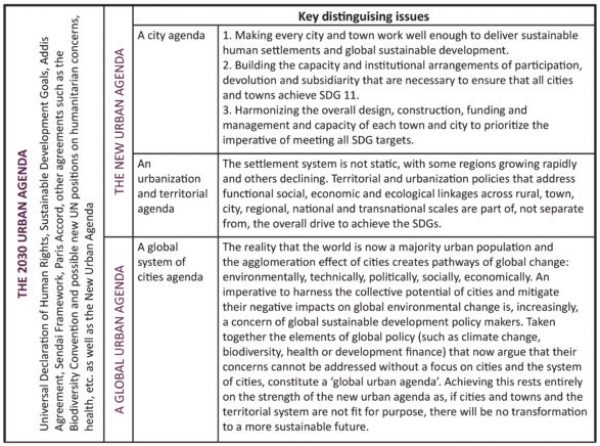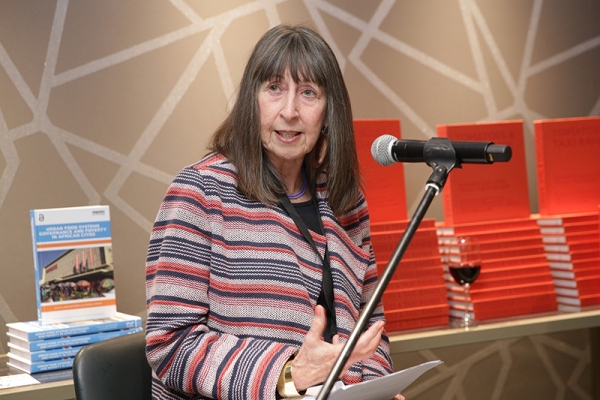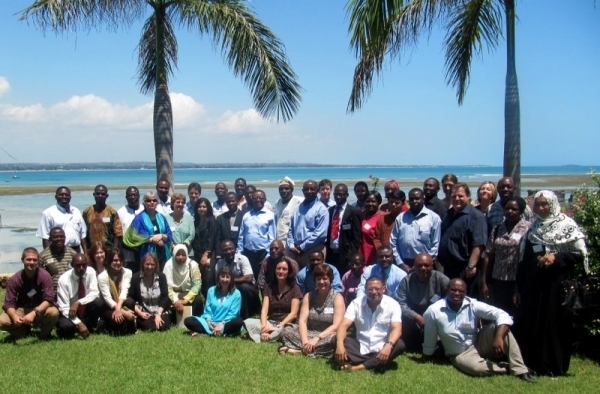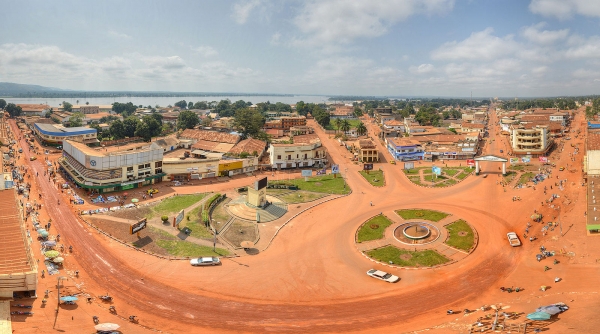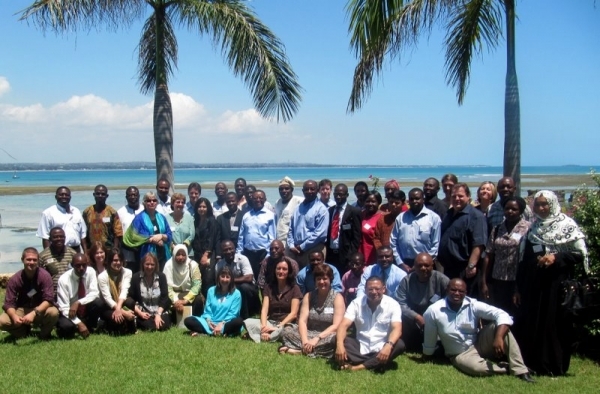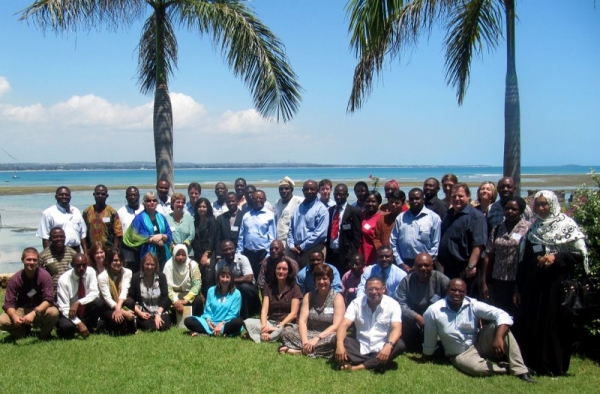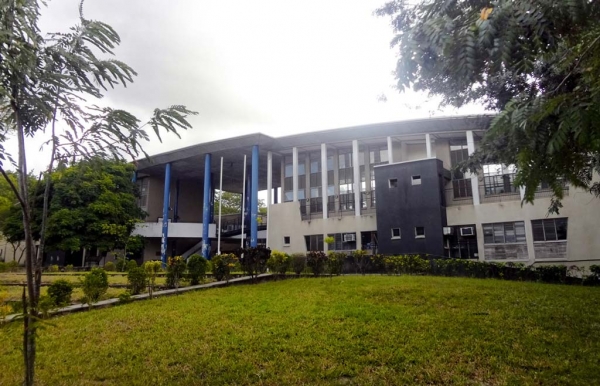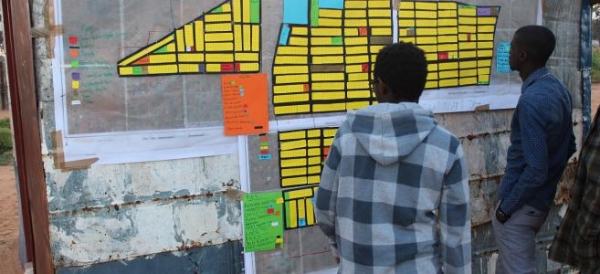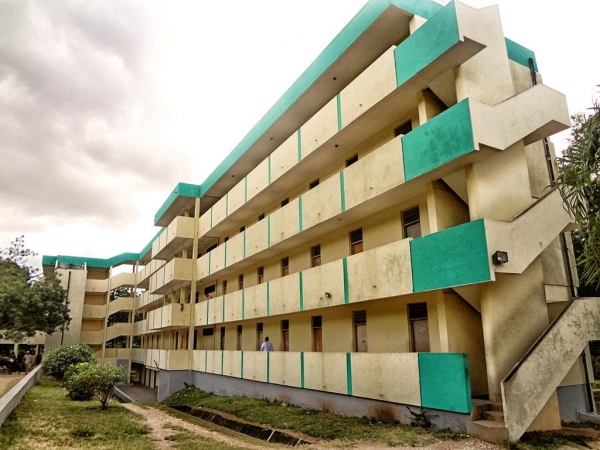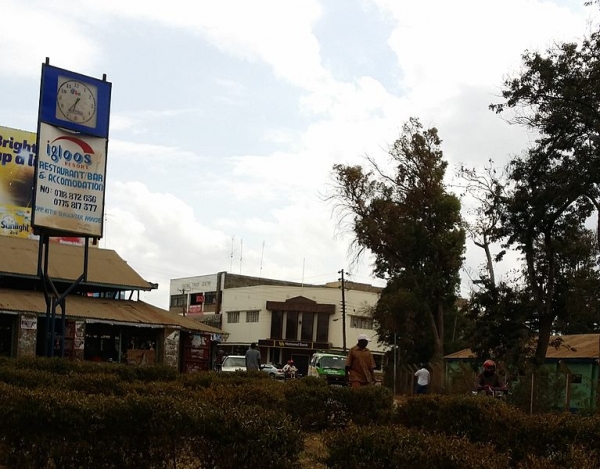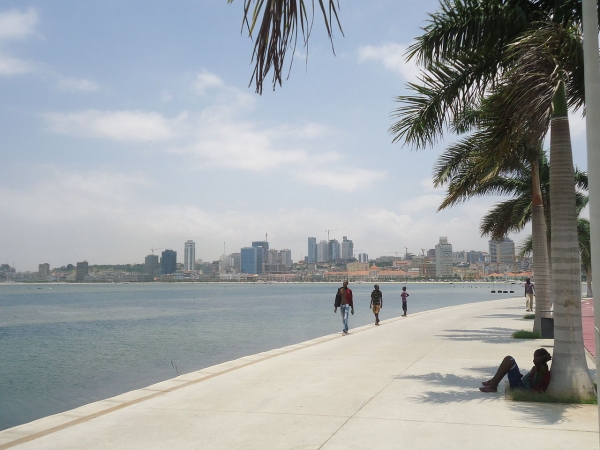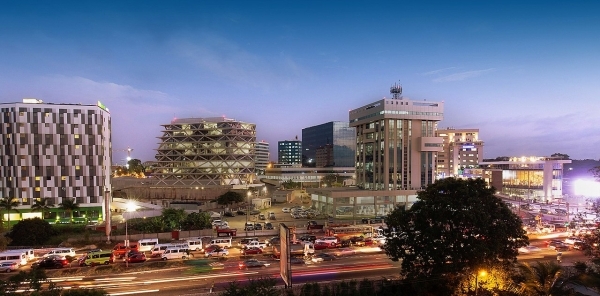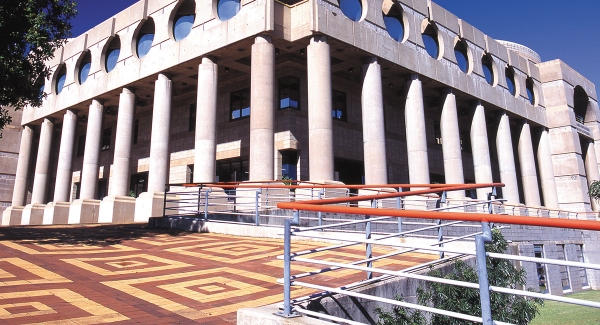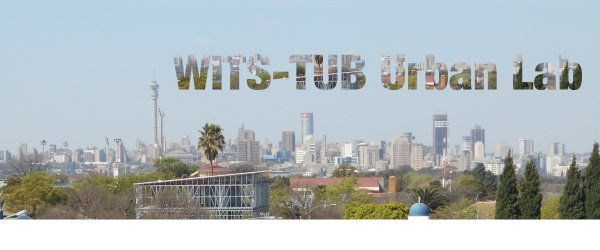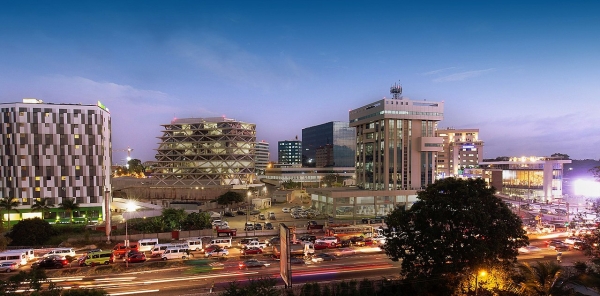A provocative new piece published by the Economic and Social Research Council’s Urban Transformations programme reflects on the global challenges facing urban and sustainable development agendas.
The authors assert that that expert knowledge matters and can make a positive contribution to effective policy and action. Researchers do not work in isolation and, with urban planners, politicians and local communities, must work to create cities that are more sustainable, resilient and flexible to meet the economic, social and environmental problems facing the modern world – from increasing population pressures to rising inequality and climate change. The imperative of generating and circulating useful information demands that experts organise themselves. It also requires careful assessment of the value of different approaches to thinking about the cities we live in today, as well as evaluation of how best to anticipate the changes of tomorrow.
Professors Susan Parnell, Owen Crankshaw and Michele Acuto have written 2030 New Urban Agenda, a research manifesto outlining a series of practical steps to improve urban planning through useful research and sensible policies. Their advice is particularly relevant in light of the upcoming UN-Habitat III summit in Quito when the world will come together to decide global standards for the next 15 years of urban development.
According to Professor Parnell: “Cities are important not simply because these are places where increasingly large proportions of the world’s population live, but also because cities and urban life change global dynamics. How cities in general are managed therefore matters for social, economic and environmental sustainability.”
Urban Transformations coordinator Professor Michael Keith comments that “We need to address the new expertise demanded in the city. It is essential that we bring together the science of cities, a sense of their historical trajectories and social trends, with ethical questions posed by planning for the future.”
Professor Keith adds: “We urgently need to create new links between communities, city hall and the university to generate our knowledge of future cities. When the future of humanity depends on the future of the city there is a pressing need to make public the choices that confront local governments across the world. This new urbanism needs new experts; expertise in the emergent urbanisms of London and Manchester as much as Cape Town and Shanghai.”
The need for more robust and representative research to inform these complex problems of urban management is clear. Professor Parnell emphasises this point: “As more and more of the global population moves to cities, the problems facing those cities become increasingly complex and multifaceted. To imagine that a single discipline can address this range of issues – from crime to architecture to urban planning to environmental sustainability – is naïve. There is a need for more interdisciplinary research to help build sustainable and flexible communities, and that is what our manifesto argues for.”
The time is ripe to recognise that the world needs to find both new experts and the means to communicate this expertise on the shape of the cities of our future.
Click here to read ‘2030 Policy Endorsement of a Sustainable Future’.

